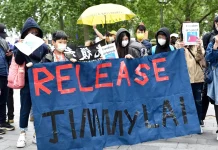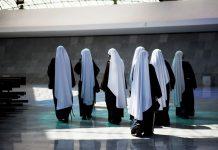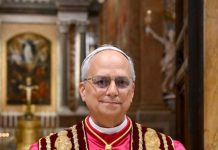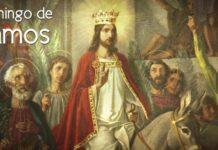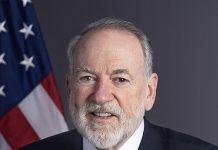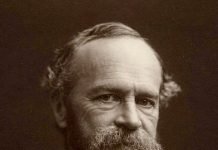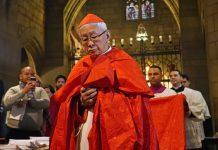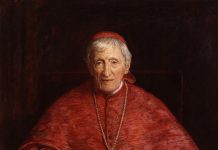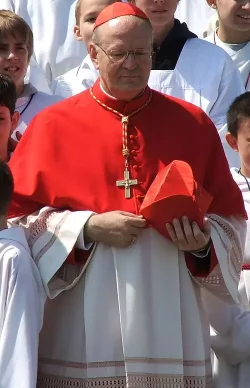The truth is no one really knows what to expect from the conclave. Due to being both a divine and human event, papal conclaves are usually almost impossible to predict.
Newsroom (07/05/2025 08:15, Gaudium Press) An often heard phrase is he who enters the conclave as a pope leaves as a cardinal. Another Roman phase is “A fat pope follows a thin one” this adage in the Catholic Church describing a perceived trend that conclaves tend to counterbalance the preceding pope with one having different ideological emphases.
Yet many Catholic’s like to try to guess at which cardinal could become the pope. We review here some of the papabili.
Hungarian Cardinal Péter Erdö, aged 72, the archbishop of Esztergom-Budapest, grew up under Communism — a traumatic experience that has significantly shaped him. A highly accomplished canon lawyer, he studied and taught in Rome and was a research fellow at the University of California in the mid-1990s. He has been primate of the Hungarian Church and, as a former president of the Council of European Bishops’ Conferences, he understands the challenges of Christianity in secular Europe. He oversaw the controversial 2014 and 2015 synods on the family as general relator — a position often seen as a stepping stone to the papacy.
Cardinal Péter Erdő is a significant figure in the Catholic Church, known for his theological scholarship, conservative doctrinal stance, and leadership in Central Europe.
1. Theological and Doctrinal Positions
Conservative Doctrine: Erdő upholds traditional Catholic teachings on marriage (opposed to same-sex unions), abortion, and clerical celibacy.
Ecumenism: Active in dialogue with other Christian denominations, particularly the Hungarian Reformed Church, but maintains a firm Catholic stance.
Role in the Synod on the Family (2015): Advocated for strengthening traditional family values while acknowledging pastoral challenges.
Critique of Secularism: Warns against the erosion of Christian values in Europe and supports Hungary’s pro-family policies under Viktor Orbán.
2. Liturgical and Church Governance Views
Supports the Latin Mass: While not a radical traditionalist, he respects the pre-Vatican II liturgy but works within the current Church framework.
Synodality: Advocates for collegial decision-making among bishops but opposes decentralization that could dilute doctrine.
Opposition to Women’s Ordination: Firmly adheres to the Church’s teaching that priesthood is reserved for men.
3. Stance on Social and Political Issues
Migration: Supports humanitarian aid but cautions against uncontrolled immigration’s impact on Europe’s Christian identity.
Hungary’s Pro-Family Policies: Aligns with the government’s anti-abortion and pro-natalist policies, though avoids overt partisan endorsements. The cardinal has a complex relationship with Orbán, a Calvinist who portrays Hungary as “an unbreachable bastion of Judeo-Christian culture in Europe.” Erdő reportedly criticized the government when it nationalized in vitro fertilization clinics in 2019, but seemed reluctant to wade into the debate over Fidesz’s hardline stance on migrants.
Religious Freedom: Emphasizes the need for state protection of Christian values in public life.
4. Relations with the Vatican
Close to Pope Benedict XVI: Shared theological conservatism.
Under Pope Francis: Maintains a respectful but cautious relationship, balancing loyalty with his traditionalist leanings. Despite staking a bold conservative position, Erdő seemed to maintain good relations with Pope Francis. Hungary was one of the few countries the Argentine pontiff visited twice, briefly in 2021 for the International Eucharistic Congress in Budapest and for three days in 2023.
One of the “greatest things in life,” he said in 2024, is “ministering at the liturgy” as it involves passing on the faith and teaching it. A polyglot and admirer of Pope Paul VI, the cardinal was a favorite of the late Cardinal George Pell who saw him as a highly suitable Successor of Peter, someone he believed could restore order and focus the Church on her primary task: the salvation of souls.
- Raju Hasmukh



